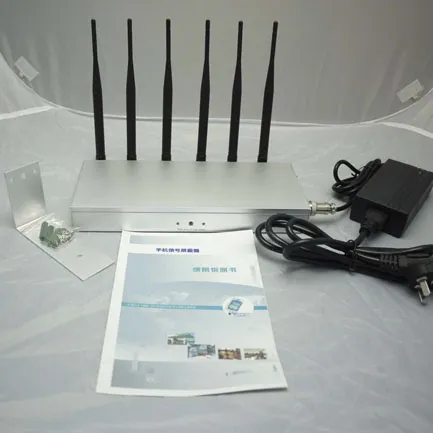The 2012 incident was the third time North Korea had used GPS jamming against South Korea. For most of March 2011, North Korea directed GPS jamming signals across the border to Seoul. A separate jammer targets cell phone traffic. GPS jamming signals can be detected 100 kilometers south of the DMZ.
The usual response to GPS jamming is to bomb signal jammers, which are easy to find (jamming is nothing more than broadcasting a stronger version of the frequency you want to jam). But such a response could lead to more fighting inside North Korea, so the South protested and did not respond strongly. Jamming is more of a nuisance than a threat, and most military equipment is equipped with electronics and other upgrades to defeat it. North Korea's interference confirmed what had already been suspected. Electronic warfare experts in South Korea and the United States now have the opportunity to study the effects of jamming in metropolitan areas. This has led to intermittent problems for GPS device users and many other phone connection issues. Shorter and less powerful disruptions occurred in August and December 2010.

Meanwhile, this is old news for the U.S. Department of Defense, which has been developing anti-GPS jamming technology since the late 1990s. For years, military aircraft have been equipped with sophisticated and expensive GPS receivers, even when they are blocked. There are several ways to stop attempts to jam GPS signals. While some methods are well known, others are kept secret. No one has successfully used GPS jammers in combat yet, but the potential is there. Now North Korea is fully demonstrating GPS jamming. Anti-jamming technology is becoming more and more complex. None of the major players (the United States, Russia, China, Israel, and several other industrialized nations) really had a good reason to speak. If you don't know what technology other people are using, you can't deal with it.
Both China and Russia sell GPS jammers. In 2007, China released a powerful vehicle-mounted GPS jamming system. These "GPS jamming cars" are designed to form a "bubble" of protection above the area where the van is located. In the year leading up to the 2003 invasion of Iraq, Saddam Hussein is believed to have purchased a large number of GPS jammers to counter the US JDAM GPS smart bombs. It is no secret that JDAM has a backup INS, and the GPS jamming work in Iraq did not have a major impact on the 2003 campaign.
There are several ways to defeat GPS jamming, and knowing which method each U.S. GPS-guided weapon uses, it's easy to develop a way to jam "anti-jamming" GPS. The Air Force is understandably reluctant to discuss what it is doing. Given the cost of validating all existing GPS weapons, anti-jamming GPS weapons are more likely to be used only against targets where GPS accuracy is critical. For most targets, the accuracy provided by the inertial guidance system will do. Also note that you can use a bomb equipped with a guidance system connected to a GPS jamming signal to bomb a GPS jammer. For this reason, it is believed that any use of GPS jammers would involve dozens of jammers in each such protected area. GPS interference has no effect on more accurate laser-guided bombs, and some countries purchase smart bombs with lasers and GPS/INS systems. Most countries are studying anti-jamming technology in the hope of encountering more interference in the event of war.